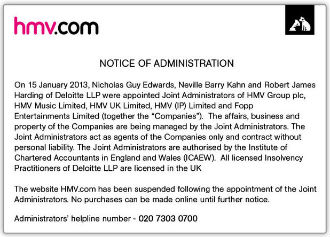 Information management company Iron Mountain has found itself in the 2013 Business Superbrands qualifiers, finding itself among household names such as Samsung, Intel and Apple.
Information management company Iron Mountain has found itself in the 2013 Business Superbrands qualifiers, finding itself among household names such as Samsung, Intel and Apple.
Although it is not in the top 20 – dominated by the heaviest hitters – the company has posted a proud release to let the world know of its increasing brand presence, specifically in the European mid market.
Iron Mountain has been following a strategy that targets European mid market companies. Its campaigns, the company said, have centred on showing off its brand appeal to smaller companies, using a combination of PR, web marketing, direct mail and event channels to raise awareness.
The company said that it works with 150,000 organisations across the world as well as finding itself in the majority of FTSE top 100 businesses for storing and managing critical information. In a statement, the company said despite this reputation, it was “largely unknown in Europe”.
Since 2011, the company has been involved in brand research in the UK, France, Spain, the Netherlands and Hungary.
The long list of the so-called superbrands is available in PDF format here.
Top ten business superbrands, from top to bottom, were Apple, BA, Google, Visa, Virgin Atlantic, IBM, SHell, Microsoft, London Stock Exchange Group, and Mastercard.
Superbrands claims that its league tables are based on the “opinions of marketing experts, business professionals and thousands of British consumers”.
Three tech companies were in the top ten of the consumer index. Apple was in second place, Microsoft in third, and Google at six. We are not clear about the exact metrics used, but Stephen Cheliotis from the council said they’re judged on “quality, reliability and distinction”.


















